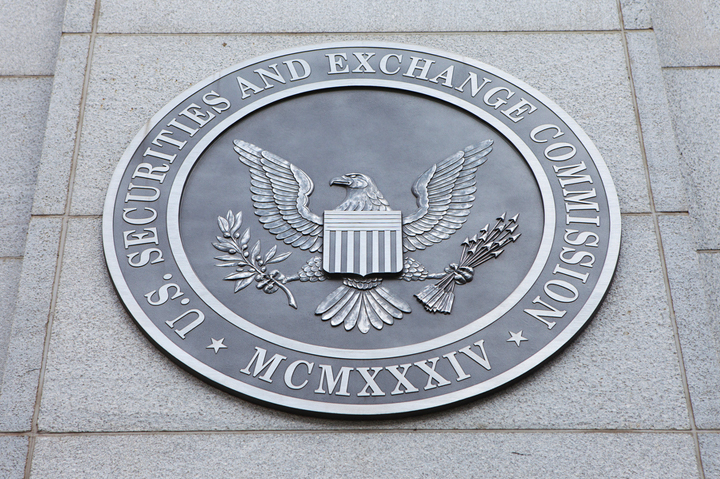June 22, 2022
Businesses Concerned About SEC’s Emissions Reporting Proposal
The potential regulations, which would compel publicly traded companies in promo and beyond to report emissions and climate-risk data, drew thousands of letters during a comment period.
A proposal from the Securities Exchange Commission that would require publicly traded firms listed in the U.S. to disclose information about greenhouse gas emissions and climate change-driven risks to their businesses has drawn an outpouring of feedback from companies and others, with some businesses deeply concerned about the potential regulations.
If enacted, the rules would significantly increase reporting requirements for publicly traded companies in the promotional products market and all industries. The SEC has said the reporting mandates could cost, on average, a small publicly listed company another $420,000 and a larger firm $530,000 per year.

During a three-month public comment period that ended June 17, the SEC received more than 3,400 letters on the potential regulations – more than is typical.
As The Wall Street Journal reported, the input included criticism that the requirements will expose companies to greater legal liability and onerous reporting standards that will be expensive and hard, if even possible, to satisfy. Some critics also said aspects of the SEC’s proposed regulations are opaque, which would render compliance difficult.
The American Apparel & Footwear Association was among those to comment. A trade association representing footwear, apparel and other sewn products companies that contribute some $350 billion in U.S. retail sales, the AAFA said it supported the SEC’s goal of standardizing reporting on environmental impacts like emissions and climate risks, but felt there were issues with what’s currently proposed.
For instance, the AAFA thinks the SEC should allow more time for companies to comply with proposed disclosures of Scope 1 and Scope 2 emissions. Companies’ abilities to do this currently vary widely, and many will need time to get the staff and infrastructure in place to do so, AAFA said.
The AAFA feels the SEC should delay disclosure requirements and targeting of Scope 3 emissions until Scope 1 and 2 reporting is more pervasive and “thus Scope 3 emission calculations are less assumptions-based. Required disclosure prior to this is likely to cause investor confusion given the wide range of possible assumptions and no consistent, widely recognized methodology for making such calculations.”
AAFA President and CEO Steve Lamar continued in the letter: “We are concerned that the proposal, as written, would add considerable costs, would impose impossible hurdles to submit accurate information in certain cases, at least initially, and would create significant confusion among investors, versus the clarity on our climate impacts and efforts to mitigate climate change that is the stated purpose of the proposal. Indeed, a considerable amount of resources would be shifted from mitigation, reduction and adaptation to compliance with novel, untested and extremely detailed requirements.”
The SEC has said that companies required to disclose Scope 3 details wouldn’t be held liable for the estimates if they were provided in good faith.
The Wall Street Journal noted that lawyers that represent corporations and investors have said the SEC’s proposal “could be a potent source of securities fraud litigation, which targets companies over alleged lies or even half-truths told to the investing public.”
With the comment period on the proposed regulations now closed, the SEC will assess the feedback and then decide whether to modify or proceed with its new requirements. Some Republican lawmakers and also law professors have questioned if the SEC is legally authorized to implement the environmentally focused reporting requirements.
The SEC’s proposal “hijacks the democratic process and disrespects the limited scope of authority that Congress gave to the SEC,” Pat Toomey, a Republican U.S. senator representing Pennsylvania, has said. “This is a thinly veiled effort to have unelected financial regulators set climate and energy policy for America.”
Publicly traded firms in the promo products industry include companies that range from Top 40 outfits like Cimpress (asi/162149), BAMKO (asi/131431) and Stran & Company (asi/337725), to smaller firms like ADM Endeavors Inc., parent firm to promo subsidiaries that include Fort Worth, TX-area distributor Just Right Products (asi/237879). Executives have said they’re staying on top of developments.

Promo for the Planet is your destination for the latest news, biggest trends and best ideas to help build a more sustainable and socially-responsible industry.